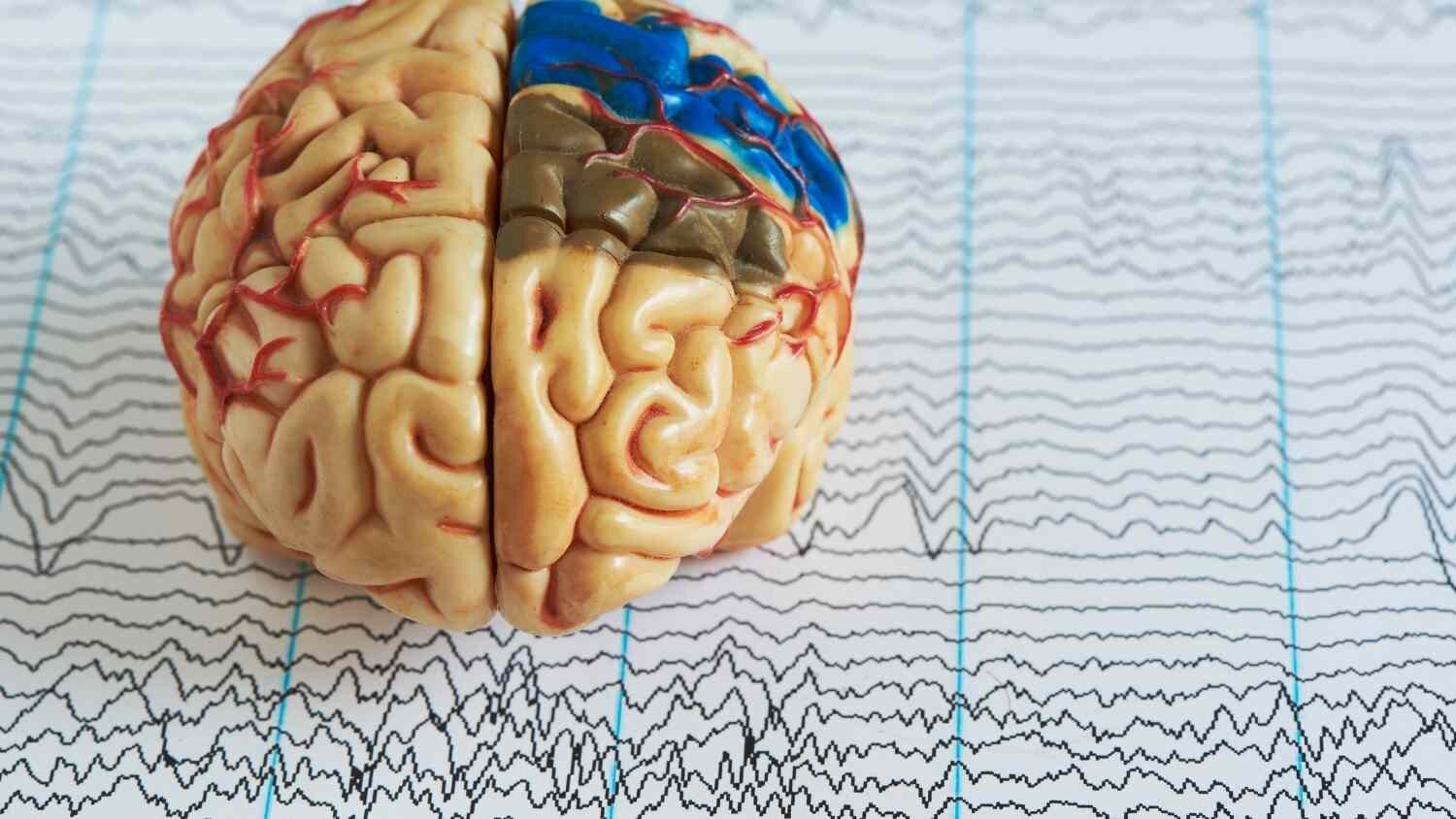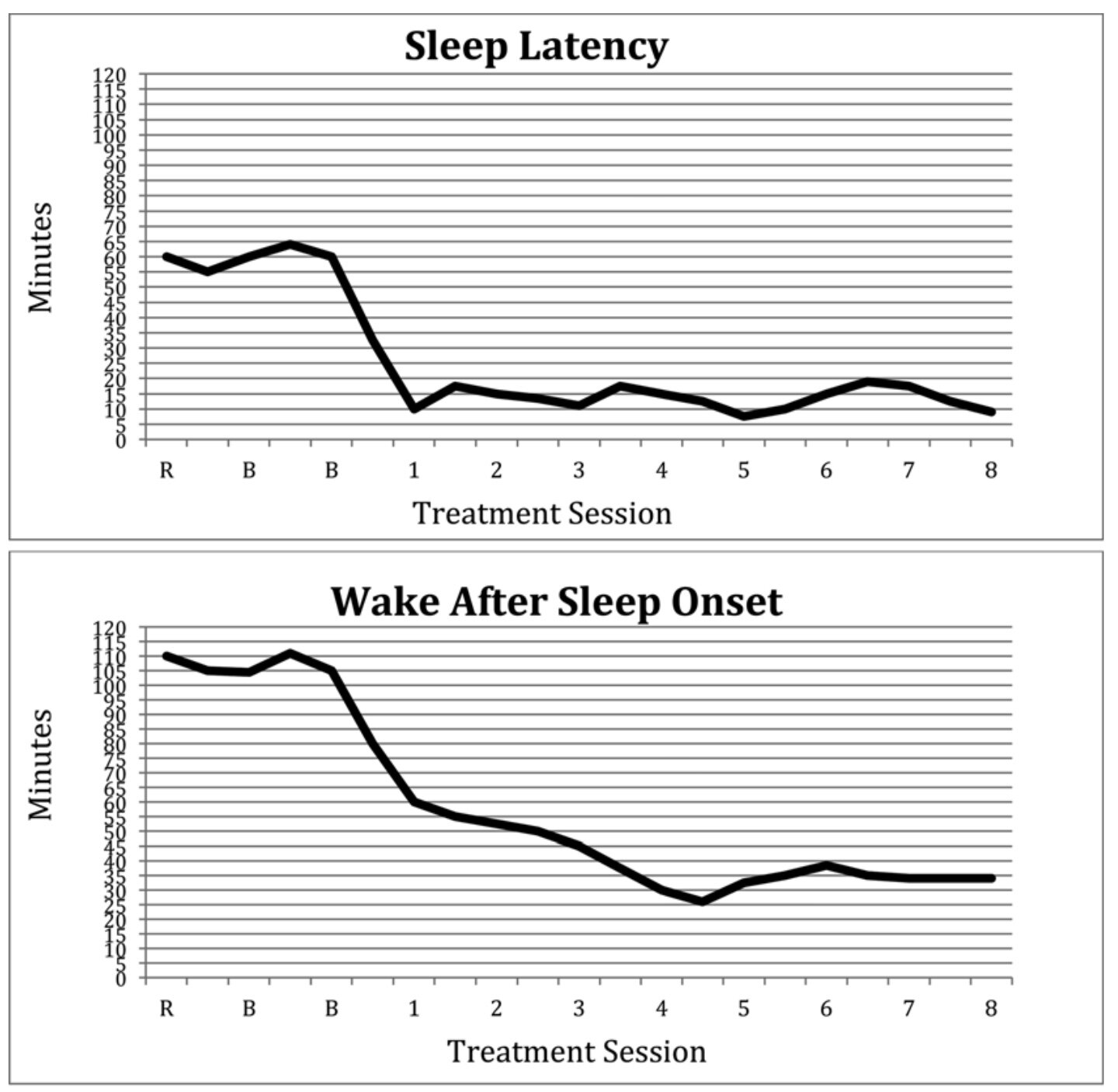
CBTi: Cognitive Behavioral Therapy
For Insomnia
Get Effective Insomnia Treatment
Assessment
Treating insomnia begins with understanding. Our comprehensive assessment gives a clear picture of your sleep issues, any current mental health issues, & rules out other sleep disorders so you get treatment for the right problems.
Treatment
Up to 50% of adults will experience insomnia in a given year. We provide treatment using CBT-i , the most scientifically proven, natural “insomnia cure” available. No drugs, no pills, just fast effective insomnia treatment.
Support
CBTi can effectively cure insomnia, but it’s not easy. That’s why psychologists, not doctors, are the preferred insomnia treatment providers. We give comprehensive, close support every step to ensure you get results.
What Is Cognitive Behavioral Therapy For Insomnia (CBT-I, CBTi)?
Cognitive Behavioral Therapy for Insomnia (sometimes called CBT-I or CBTi for short), is a scientifically researched therapy for chronic insomnia disorder.
It is an insomnia-specific form of behavioral therapy that addresses the underlying causes of insomnia, both physiological and psychological.
It is also a natural remedy for insomnia disorder in that it does not require any medications, sleeping pills, herbal supplements or sleep aids.
In fact, CBT for insomnia is the recommended first-line (i.e. #1) treatment for those suffering from chronic insomnia by the American Academy Of Sleep Medicine, the Australasian Sleep Association, BPAC (New Zealand GP education), Sleep Foundation and virtually all GP colleges worldwide, including the American College of Physicians.
Is CBT For Insomnia The Same As Sleep Hygiene?
No. CBT-i is quite different from sleep hygiene.
Sleep hygiene is about changing sleep habits, bedtime routines such as relaxation training, and engaging in healthy sleep practices (e.g. reduce caffeine).
While sleep hygiene information is readily available on the internet, it is well known in sleep medicine that sleep hygiene is not effective as a treatment for insomnia.
But it is fair to say that good sleep hygiene is necessary, but not sufficient to achieve successful treatment of insomnia. So you could expect you may be asked questions about sleep hygiene and be given sleep hygiene instructions during an insomnia assessment interview prior to commencing treatment for insomnia.
How Does Cognitive Behavioral Therapy For Insomnia Work?
CBTi is a specific form of cognitive therapy tailored towards addressing the issues that contribute to insomnia.
At heart, cognitive behavioral therapy for insomnia is a skills based approach that requires the patient/client to learn specific behavioural and cognitive approaches to managing their insomnia. This has the benefit of ensuring that people with insomnia can manage any future sleep problems or issues that arise.
Cognitive behavioral therapy for insomnia has multiple components.
Core behavioral components of CBT-i target physiological imbalances in an insomniac’s sleep/wake system that can be present, as well as sleep-related neurocognitive factors that keep insomnia going.
Core cognitive treatments target sleep-related anxiety and cognitive elements that can contribute to mental arousal and a “busy mind”.
Treatment is delivered one to one by an experienced and qualified mental health practitioner, specifically trained in CBTi, such as a sleep psychologist.
The typical structure of treatment will start with education around how sleep works and the main determinants of your sleep quality and quantity.
Treatment for chronic sleep problems will begin by targeting sleep physiology factors first using behavioral treatments such as sleep stimulus control and reducing time spent in bed awake using sleep consolidation (sometimes called sleep restriction or sleep compression).
Once these factors are addressed, treatment then targets sleep-related anxiety and other cognitive elements that promote poor sleep and trying to sleep. We consider keeping a sleep diary to track your sleep schedule an integral part of treatment.
As a treatment, CBT-i is well researched and the most effective treatment approach used in research is approximately five to six, 45-60 minute sessions spread over eight weeks.
Treatment can last longer if there are more complex mental or physical health problems that also need to be addressed. Likewise, treatment can also be shorter if the problem is relatively straightforward.
Does CBT-I Work?
CBT-i works well. Research shows around 80%–90% of individuals with insomnia experience a clinically significant reduction in insomnia symptoms. Approximately 40%-50% of individuals achieve total remission of their insomnia symptoms after treatment (Morin et al. 2017).
Due to its effectiveness, cognitive behavioural therapy for insomnia is recommended as the standard first-line treatment for chronic insomnia in adults of all ages by national and international health-focused organizations.
How Effective Is CBT-i?
CBTi is considered to be a highly effective treatment of chronic insomnia, which is why it is recommended as the first-line treatment for insomnia.
Scientifically speaking, systematic review and meta-analysis studies of CBTi treatment show:
Moderate to large effects on time to fall asleep (sleep onset latency);
Moderate to large effects on night awakenings or ability to stay asleep (wakefulness after sleep onset);
Moderate to large effects on sleep quality; and
Small to moderate effects for total sleep time (The smaller effects for increasing the amount of sleep time are largely due to the typical length of the studies. Total sleep time continues to increase after the studies finish. Also, we also find many patients with insomnia may be getting adequate total sleep before therapy (e.g. 7.5hrs) but they are taking excessive amounts of time in bed to get it (e.g. 9-10hrs)).
CBTi also improves daytime functioning, reduces fatigue, improves symptoms of co-occuring mental health conditions, and enhances quality of life (Morin et al. 2006a, 2016).
In simple terms, it improves a persons ability to sleep. It makes it easier to fall asleep within a reasonable time frame 5 -15mins, sleep better and more deeply with a normal number of short awakenings through the night. It also helps patients understand habits that promote insomnia, improve sleep habits long-term and we also see big improvements in general physical and mental health outcomes.
Is CBT-i More Effective Than Sleeping Pills?
Scientific studies show CBTi is about as effective as, or produces benefits equal to, sleep medication in the short term.
However, long term results from CBTi are better than sleeping pills. Research on cognitive behavioral therapy for insomnia shows that improvements in insomnia symptoms are sustained long term.
Conversely, studies of sleeping medications show that symptoms of insomnia tend to return after medications are discontinued leading to sustained long term use of sleeping pills.
Can CBT For Insomnia Work When There Are Also Psychiatric and Medical Conditions Present?
Scientific studies show CBTi can improve sleep, even for those that have co-occurring medical conditions and/or psychiatric conditions (Wu et al. 2015).
Research has found that cognitive behavioral therapy for insomnia can reduce insomnia symptoms in individuals with chronic pain, cancer, depression, anxiety, PTSD and psychosis.
CBTi can also improve the symptoms for depression, anxiety, PTSD, and psychosis (Belleville et al. 2011; Cunningham and Shapiro 2018; Freeman et al. 2017; Ho et al. 2016; Johnson et al. 2016).
Who Should I See For Cognitive Behavioral Therapy For Insomnia?
CBT-i is a complex treatment and not all treatment providers are equal.
The recommended treatment providers are either sleep psychologists or psychiatrists and not typically medical doctors.
The simple reason that a sleep psychologist or psychiatrist is the recommended treatment provider is that sleep-related anxiety is a core feature of chronic insomnia and therefore an ability to treat anxiety where needed, is required for effective treatment for chronic sleep issues.
Long-term sleep problems are also often accompanied by other mental health issues that a provider may need to treat in order to fully address the insomnia.
For these reasons, the research shows that the most effective treatment is a session by session approach delivered by an experienced mental health care specialist trained in CBTi. Research shows that other formats (shorter sessions, less qualified providers) results in lesser treatment outcomes.
But we are sleep psychologists so don’t take our word. The text book for GP’s on sleep medicine, Primary Care Sleep Medicine, states that CBT for Insomnia is best provided by someone who has:
Formal training in clinical mental health care;
Trained in behavioral sleep medicine;
Has formal training in CBT-i, and
Can dedicate the time to the ~1 hour a week treatment protocol over the roughly 8 weeks that treatment could take.
Can You Do Cognitive Behavioral Therapy For Insomnia Online?
Yes. CBTi can be delivered online via video sessions (also known as “telemedicine”). Research shows that CBTi online treatment is slightly more effective than in-person treatment.
The Better Sleep Clinic offers CBT-i online via video sessions throughout New Zealand and worldwide. Our experience is that delivering CBTi online is as effective as face to face treatment.
Online Cognitive Behavioral Therapy for insomnia treatment also offers the benefit of convenience (no traffic!….no parking hassles!) and flexibility. Mothers with young children don’t have to leave home. Those that work during the day can choose an evening session after the work day is done.
Written By: The Better Sleep Clinic Team
Reviewed By: Dan Ford, Sleep Psychologist
Key References:
https://doi.org/10.1016/B978-0-323-24288-2.00085-4
https://doi.org/10.1016/j.smrv.2017.02.001







